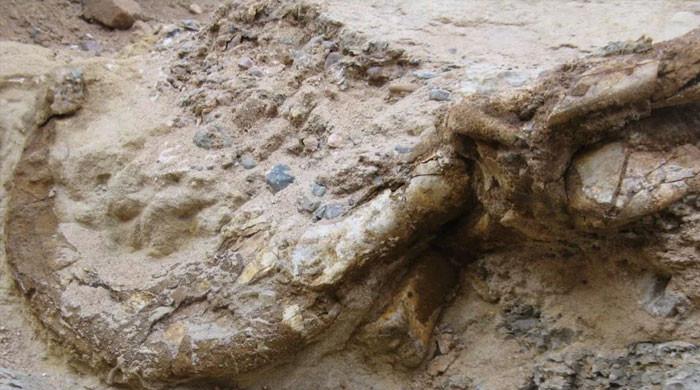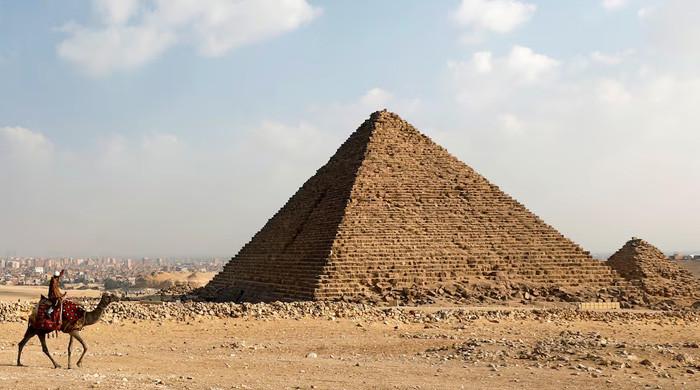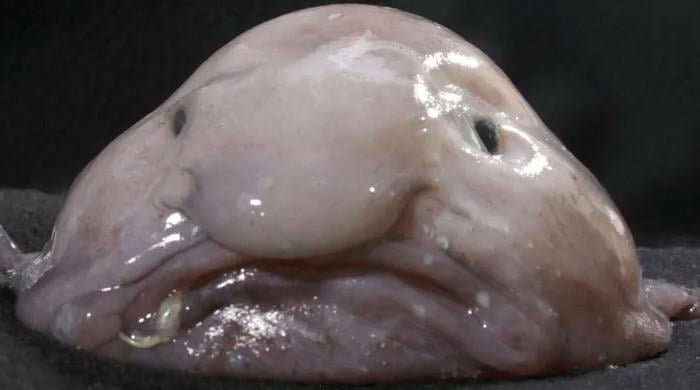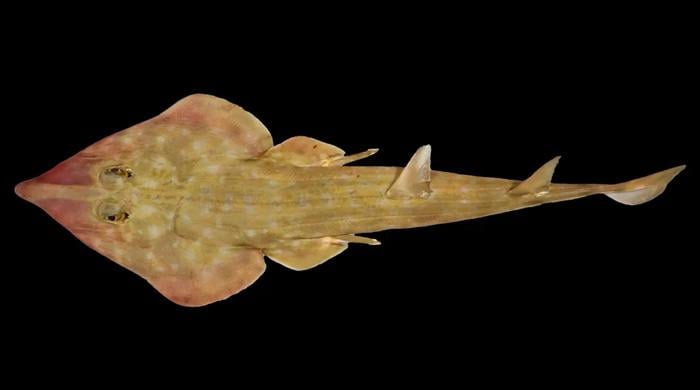8-year-old school boy in Germany discovers ancient Roman coin
According to German authorities, coin was identified as Roman denarius from reign of Marcus Aurelius
August 30, 2023
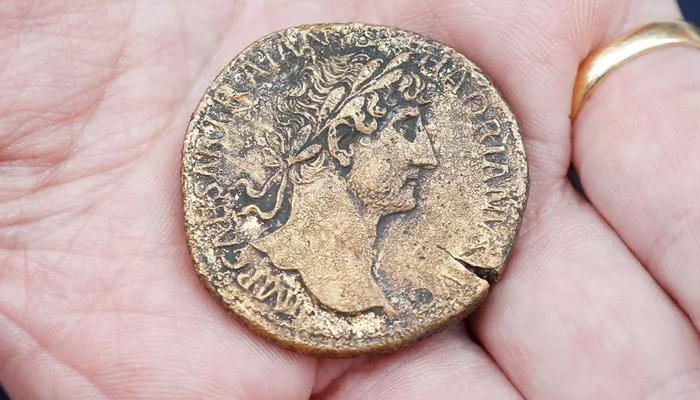
In an unplanned discovery, a German primary schoolboy found a silver coin while playing in a sandbox, which authorities of the country identified as the Roman Empire's currency of 1800 years old.
The 8-year-old boy named Bjarne was excited and wanted to show to his family in the northern German city of Bremen in August 2022.
After the discovery, his parents contacted authorities. Officials in Germany confirmed that the coin was hundreds of years old and was minted during the reign of the Roman Empire.
According to German authorities, the silver coin was identified as a Roman denarius from the reign of Emperor Marcus Aurelius Antoninus, who was the king from AD 161 to 180.
Archeologist Uta Halle in Germany noted that the heavily worn coin, weighing 2.4 grams, was minted during a “time of coin deterioration” when the Roman Empire decreased the silver content in its currency as a direct result of inflation.
Halle called the discovery "something very special," since it’s one of the few times a denarius has been discovered in Bremen.
Bremen, alongside many parts of Germany, was never under the reign of the Roman Empire. It was inhabited by the Chauci, an ancient German tribe that traded with Romans, which could explain how the coin wound up buried in the soil, The History Blog suggested.
Despite the discovery, Bjarne will not be able to retain the coin because such antique findings belong to the state as per the German city laws.
However, he was praised by the state archaeologists for his "alertness and curiosity" and intended to give the eight-year-old "two archaeology books as a reward".
The state archaeologist Halle said she hopes the denarius finds a home at the Focke Museum in Bremen.





